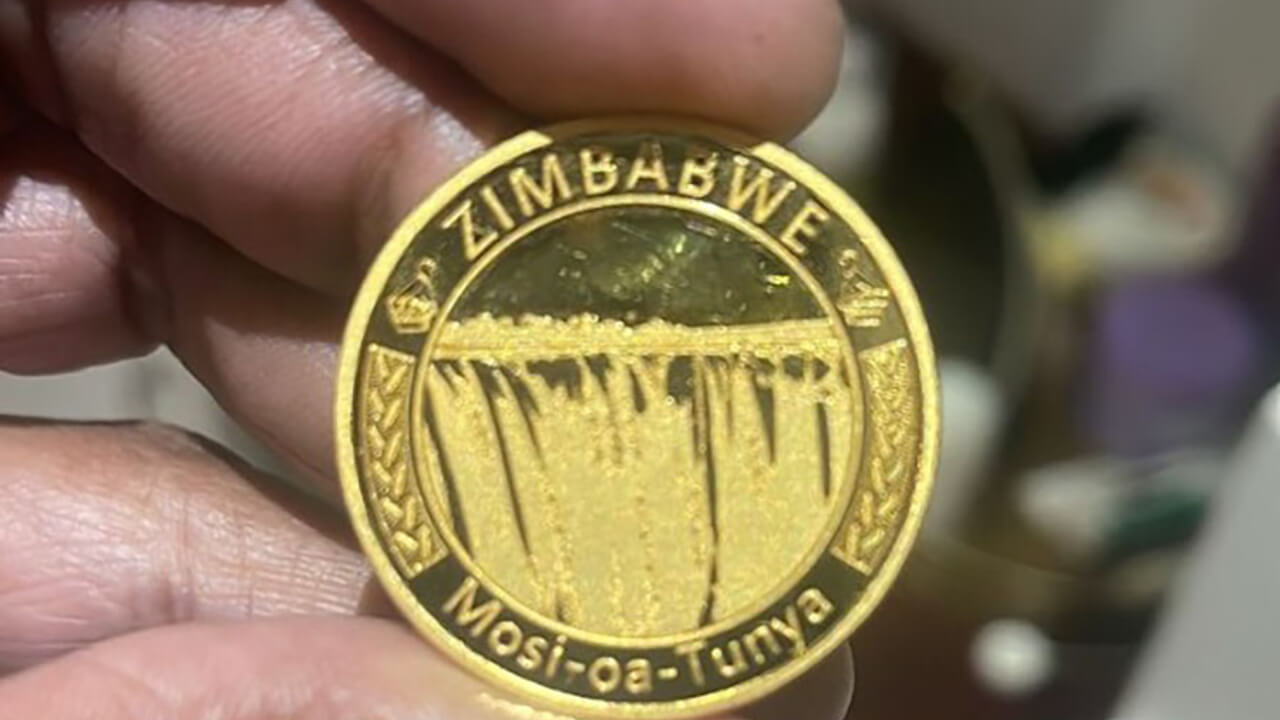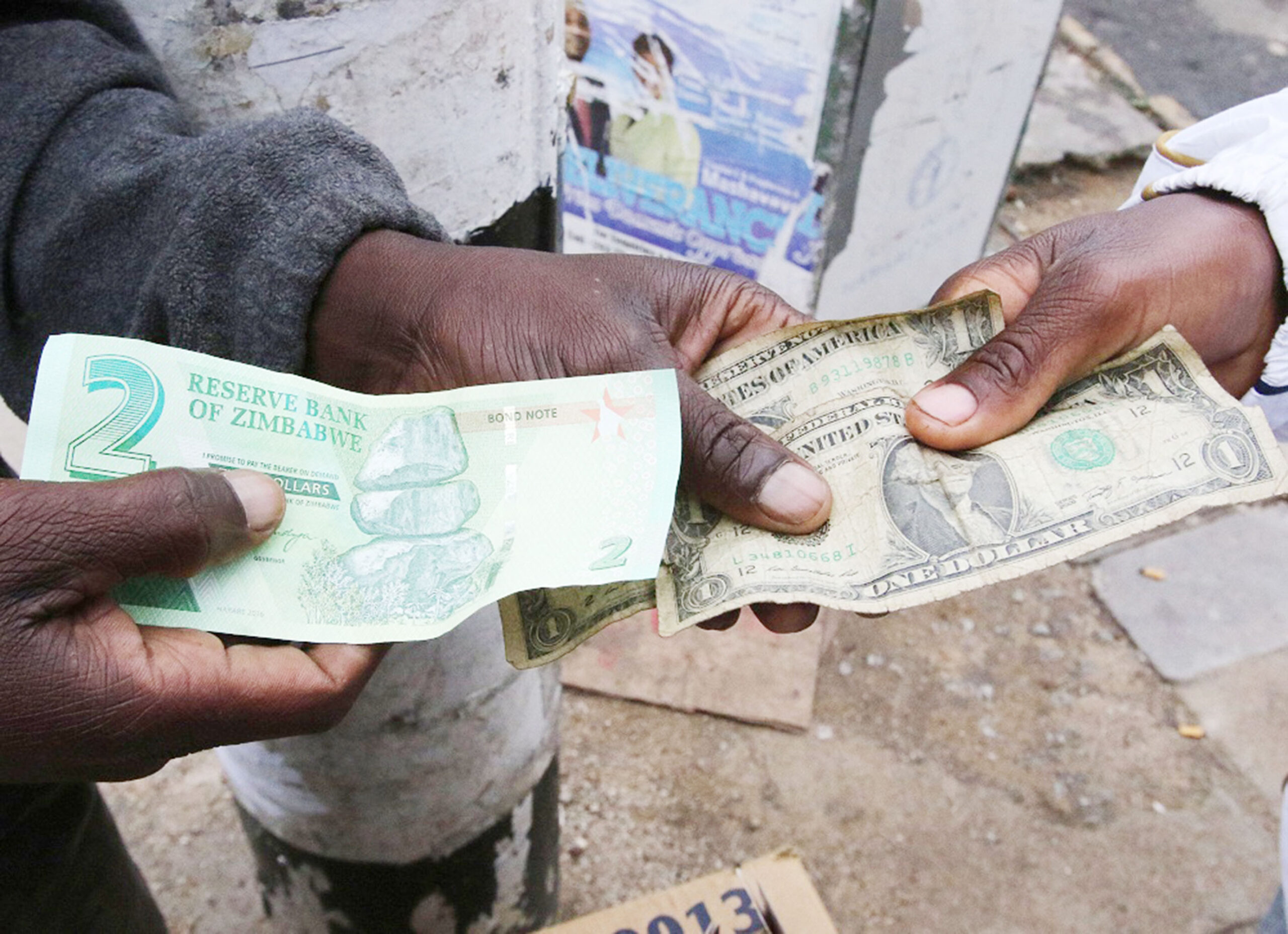‘Speculators a threat to multi-currency system’
Finance and Investment Promotion Minister, Professor Mthuli Ncube has said the country’s multi-currency system is being threatened by speculators and currency manipulators hence the parallel market exchange rates.
Speaking at the just ended 2023 Annual Public Sector Convention in Bulawayo last week, he said speculative behaviours of some individuals and companies is behind the parallel market with an objective of undermining Government’s economic policies.
The official rate is $4 712 per US$1 but on the streets, the greenback exchanges hands at above $7 000.
According to Prof Ncube, all fundamentals for a stable economy are in place.
“We have a multi-currency regime and as such there is no reason to worry or speculate about the currency,” said Prof Ncube.
He said given that all fundamentals are in place, the country was not supposed to have a parallel market exchange rate.
“The speculative behaviour of citizens and companies that want easy money is to blame for the obtaining parallel market exchange rates,” said Prof Ncube.
He said the country will continue to use the local currency which ensures competitiveness to local producers.
“One of the benefits of using the Zimbabwean dollar is that it enhances the competitiveness of the manufacturing companies. That is why you see 80 percent of goods on the shelves of our retail outlets are manufactured locally,” said Prof Ncube.
He said the country was on a strong growth trajectory.
The economy, Prof Ncube said, grew by 8,5 percent in 2021 and 6,5 percent in 2022 .
He said indications were that the economy will grow by six percent this year.
“We have seen a balanced budget when other countries have been recording deficits in the last five years,” said Prof Ncube.
He said the Reserve Bank of Zimbabwe (RBZ) was using non-negotiable certificates of deposit with the right tenure to lock away liquidity from those who may seek to use it on the parallel market.
“So every piece of policy that is necessary for a stable currency has been put in place.”
Prof Ncube projects revenue collections of $30,7 trillion against expenditure of $33,1 trillion resulting in a budget deficit of $2,3 trillion in the 2024 budget. —chronicle











